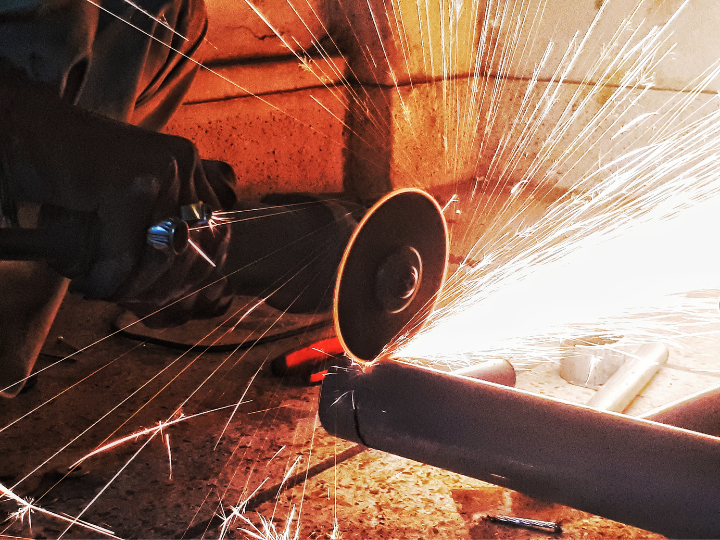by Paul Messad and Vlad Makszimov
As energy prices soared, Europe’s aluminium plants began to shut down while the bloc stepped up imports from Russia and China. However, French aluminium representatives are pointing to a problem closer to home – claiming the EU-backed Iberian gas price cap is leading to unfair competition and calling for anti-dumping measures against Spain.
In spring, Spain and Portugal reached a deal with the European Commission on an exception to EU electricity market rules for the Iberian peninsula.
The agreement created a temporary mechanism until the end of May next year that would cap the gas price to an average of €50 per megawatt-hour, halving electricity bills for many Spanish and Portuguese consumers.
However, the agreement is temporary as it will only apply until 31 May 2023.
In approving the measures, the EU executive said the scheme would reduce prices for Iberian consumers without “affecting trading conditions to an extent contrary to the common interest” and keep “competition distortions to a minimum”.
However, the French aluminium industry disagrees.
As a result of the measures, and particularly for aluminium used in the building industry, “French customers go to Spain for supplies,” Cyrille Mounier from the Aluminium France Federation told EURACTIV France.
Mounier advocates “anti-dumping measures against Spain” to curb what he sees as unfair competition within Europe.
Anti-dumping measures are border measures applied to product imports from an exporter, which cause injurious dumping to the domestic industry producing a product, or to third countries that export it.
Spanish Minister of Ecological Transition Teresa Ribera said she was not aware of the complaints.
“Our intention is obviously to have stable, predictable and low prices as soon as possible, but it is possible that at a certain moment, it could mean a lower energy cost for the Spanish electricity industry than the energy cost in other European countries,” said in an exclusive interview with EFE and EURACTIV.com.
She also pointed out that the energy costs of the German electro-intensive industry were lower because of the price of Russian gas before the war and the intervention of the French government in the electricity market.
In France, industry producers take advantage of regulated access to cheaper nuclear energy – the so-called ARENH scheme – which provides them with a certain amount of electricity at a fixed price of €42 per megawatt-hour (MWh), but this has been deemed insufficient for aluminium producers.
Compared to these measures, “we do not have any public company and we do not inject money from the budget for that,” Ribera said.
“I don’t think there is anything reprehensible, no dumping, no anti-competitive situation or anything resembling it”, she added.
*first published in: Euractiv.com




 By: N. Peter Kramer
By: N. Peter Kramer

